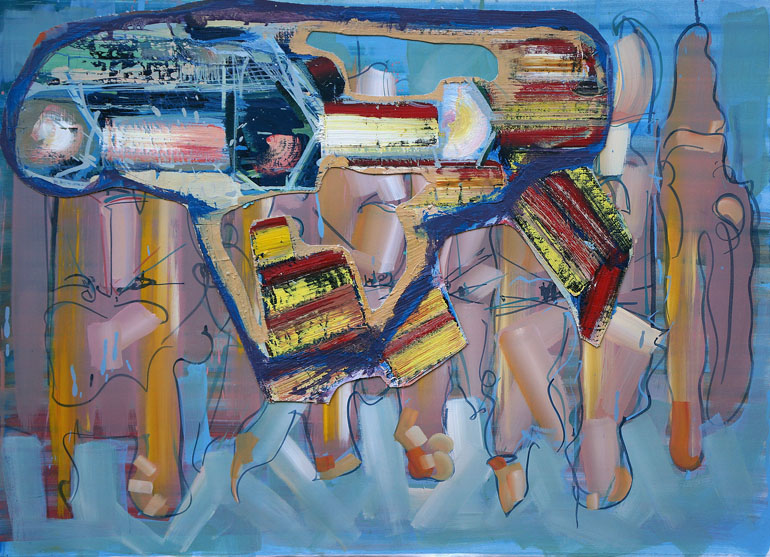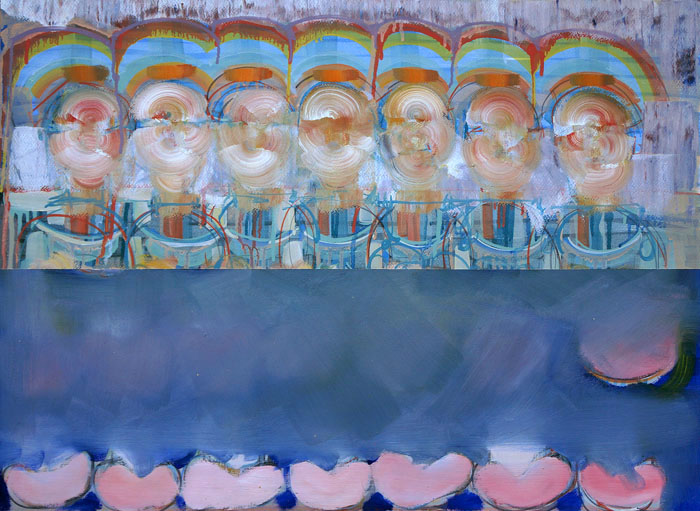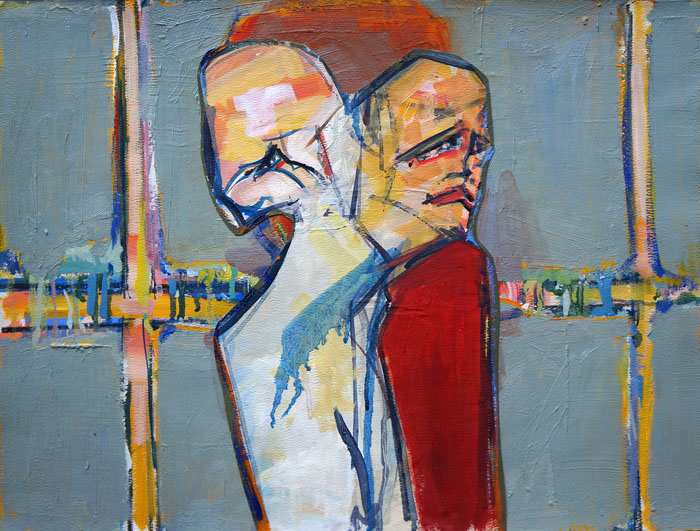The Echo of Tranquility
and the force of that sacred connexion of sound brought into obedience—dale into vale a way by the ray to tread over spread to slow before go near the cries from the flies for gloom after doom due to want after scant to still for the will without share for the fare
outside bestows with repose except free for me to condemn between them along side ever supply’d to bring forth the spring but forego down below from wrong before long off descends by bends till fell into a cell in the obscure behind poor near lay to astray under
thatch with a latch to care for the pair to retire after fire with rest for the guest in store for the lore smil’d after beguil’d by mirth at the hearth by tries for the flies to impart for the heart with woe over flow beyond spy’d until cry’d after opprest with breast toward
spurn’d though unreturn’d to rove for love up brings with things to decay from they for name after fame through sleep then weep over sound of the found for a jest in the nest to a hush after blush since he said until betry’d to the rise of the skies in the view out of too
with breast since confest about alarms for the charms by the rude to intrude but cry’d to reside through share or despair past stray by the way over Tyne never mine for he turns to me by arms with charms on came after flame for the crowd after bow’d down to
strove for love by clad onto had since he after me beyond day to display for refin’d in the mind under tree over me with shine off mine unto art at the heart in vain by pain to scorn before forlorn with pride after died beneath fault for the sought to pay for a lay but hid
after did to die into I out cry’d but chide under breast since pressed for dear over here to see since thee within heart by part to resign after mine in part for the heart before a true prior to too.
About the Poet
Nicholas D. Nace is a poet and critic living in Virginia. He is the editor of two volumes of essays devoted to the art of close reading: Shakespeare Up Close (Arden 2012) and The Fate of Difficulty (forthcoming). He is the compiler and editor of The Broadview Anthology of Satire, and his essays have appeared in The Burlington Magazine, The Book Collector, and numerous other journals. Other of his poems are forthcoming from Maggy, Rabbit, and Fence.


